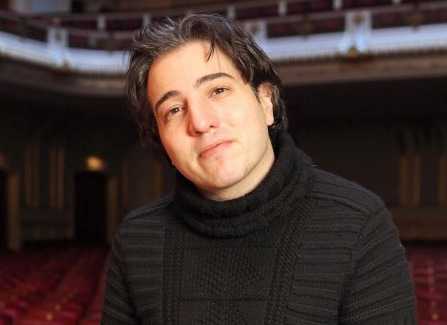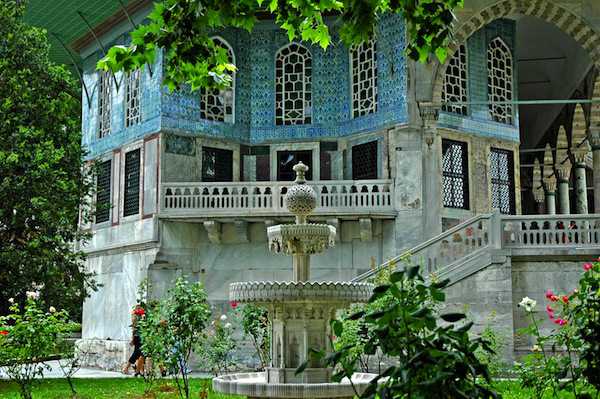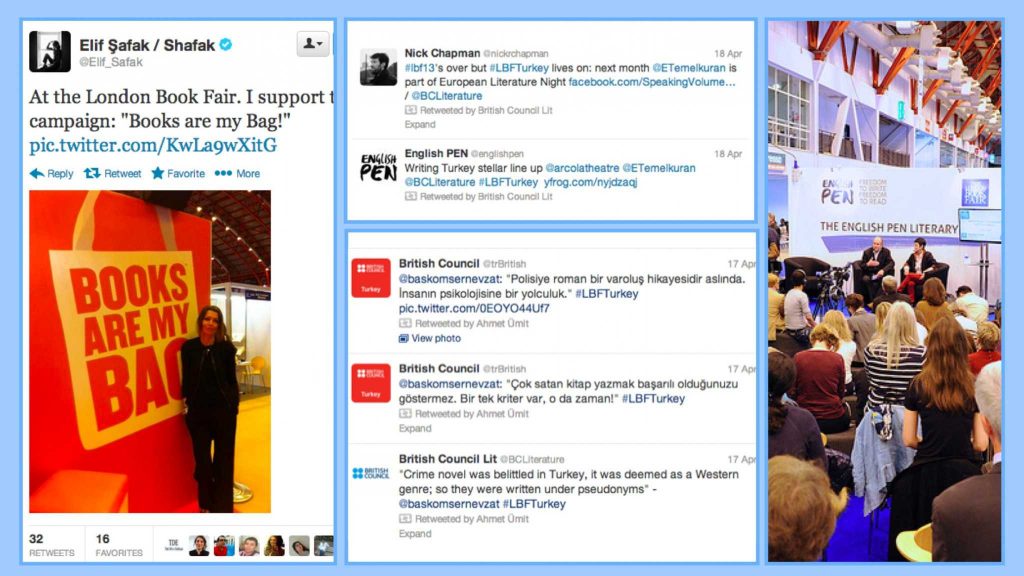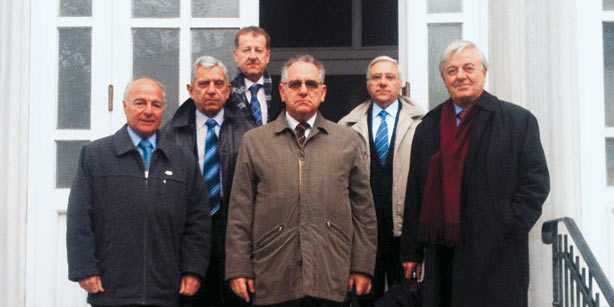April 23, 2013 By Andrew Harrod
 A Turkish court on April 15, 2013, convicted world-renowned pianist Fazil Say under Article 216(3) of the Turkish Penal Code. This article punishes “[a]nyone who openly denigrates the religious values of a part of the population” with imprisonment of six months to a year. Say’s case highlights once again the limits to free speech in Muslim-majority countries including Turkey, often touted in the past as an example of Islamic faith coexisting with freedom. The world as well should note this clear warning about ongoing Muslim assaults upon free speech internationally.
A Turkish court on April 15, 2013, convicted world-renowned pianist Fazil Say under Article 216(3) of the Turkish Penal Code. This article punishes “[a]nyone who openly denigrates the religious values of a part of the population” with imprisonment of six months to a year. Say’s case highlights once again the limits to free speech in Muslim-majority countries including Turkey, often touted in the past as an example of Islamic faith coexisting with freedom. The world as well should note this clear warning about ongoing Muslim assaults upon free speech internationally.
The composer and pianist Say, who has played for the New York Philharmonic, Berlin Symphony, and other prominent orchestras, had made comments deemed offensive by various Muslims on his Twitter account. In one tweet, Say mocked a call to prayer measured by him as only 22 seconds in length. “Why such haste?” Say tweeted. “Have you got a mistress waiting or a raki on the table?” he asked in reference to a traditional alcoholic drink made with aniseed falling under Islam’s alcohol prohibition. Other Say tweets cited by the charges included one in which he questioned whether heaven was a tavern or brothel on the basis of a verse attributed to the famous medieval poet Omar Khayyam. Say, who was in southern Germany at the time of the verdict for a concert, received a 10-month suspended sentence that he will not have to serve unless he commits the same offense in the next five years.
In response, Sevim Dağdelen, a Turkish-descent member of the German parliament and international affairs spokesperson for her Left party (Die Linke), condemned the verdict in a press release. Dağdelen had previously attended Say’s trial openingon October 18, 2012, (later postponed until February 18, 2013) and had drawn international attention to Says cause. The press release called the verdict a “scandal” of the “Erdoğan-Regime” and its “AKP justice” in reference to Turkey’s Prime Minister Recep Tayyip Erdoğan and his AKP party. She demanded an immediate end to German participation in Turkish European Union (EU) accession talks in order not “to reward the AKP for its running amok against democracy and human rights.” Ironically, Dağdelen’s party has its origins, in part, in the successor to East Germany’s Communists, the Party of Democratic Socialism (Partei des Demokratischen Sozialismus or PDS).
For Dağdelen, Say’s conviction along with Turkish imprisonment of “thousands of political prisoners showed that Turkey is on the way to an authoritarian Islamist repression state.” Dağdelen is not alone in her worries, as indicated by a report on Turkey by Amnesty International available online. Among things, the report criticizes Article 216 and lists Say’s various tweets in English translation. “Criminal prosecutions targeting dissenting opinions,” AI’s introduction to the report notes, “represent one of Turkey’s most entrenched human rights problems.”
Yet various Turks expressed their opposition to the decision. While respecting a “court decision”, the Turkish minister for culture and tourism, Ömer Çelik, stated at the London Book Fair that he “would not wish anyone to be put on trial for words that have been expressed. This is especially true of artists and cultural figures.” Many in Turkey, meanwhile, reposted the contentious Khayyam verse.
Say’s case has implications beyond his native Turkey. Erdoğan has on several occasions called “Islamophobia” a “crime against humanity” and has correspondingly called for this “crime’s” legal prohibition. During the globalInnocence of Muslims film controversy, for example, he advocated on September 16, 2012, in Sarajevo, Bosnia, “international legal regulations against attacks on what people deem sacred.”
Erdoğan’s Turkish compatriot, Ekmeleddin Ihsanoglu, meanwhile, is just finishing his term as secretary general of the Organization of Islamic Cooperation (OIC), a grouping of 56 Muslim-majority states (including Turkey) and the Palestinian Authority. There he has overseen a campaign for Erdoğan’s “international regulations” with respect to Islam now over 14 years old. Those around the world wondering what would happen if the OIC achieved the goals of its “Islamophobia” campaign should remember the Say case.
Dağdelen has expressed opposition to Turkey in the EU, but Europeans and others would do well to ponder the implications of Say’s case for Muslim immigration. Along with their various allies, Muslims with ancestry from Turkey and other Muslim-majority countries have already shown themselves quite capable of using Europe’s preexisting hate speech and blasphemy laws tosuppress criticism of Islam and its adherents. Absent a modification or abolition of these laws, the continuing and growing presence of Muslim immigrants in Europe and countries like Canada will only offer more opportunities for Muslims to register legally their offense at speech like Say’s. Individuals, for example, like Say who would pointedly express their atheism to Muslims or, perhaps thinking of Say, condemn Islam for some of its interpretations prohibiting music, should beware. The next prosecution for speech criticizing Islam might not be in some foreign country far away, but in your neighborhood, perhaps even involving you.
This article was sponsored by The Legal Project, an activity of the Middle East Forum.




